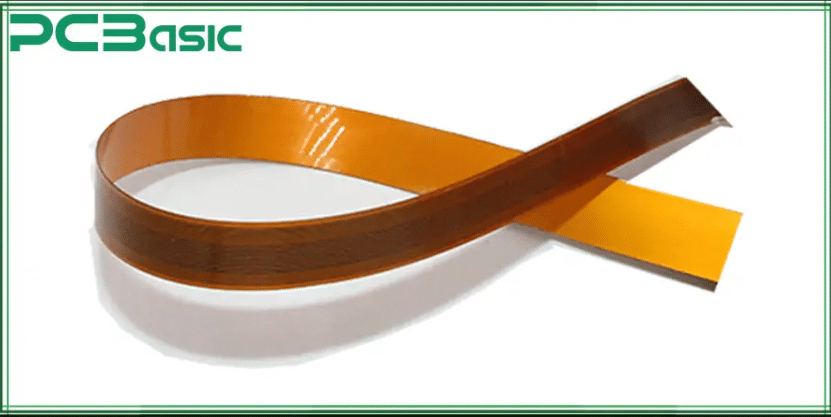As medical devices become increasingly compact, intelligent, and integrated, flexible circuit boards (flex PCBs) have emerged as a vital component in modern healthcare electronics. From wearable health monitors to implantable devices and diagnostic equipment, these flexible circuits provide the mechanical flexibility, reliability, and high-density interconnection essential for next-generation medical solutions. However, the success of such innovations depends largely on one key factor: selecting the right medical PCBA (Printed Circuit Board Assembly) manufacturer.
In this article, we explore how to choose a reliable medical PCBA manufacturer capable of delivering high-quality flexible PCBs that meet stringent healthcare standards.
- Understand the Demands of Medical Applications
Medical PCBs must meet strict regulatory requirements and performance expectations. They are often used in life-critical devices where failure is not an option. For flexible PCBs used in such applications, manufacturers must:
- Ensure biocompatibility of materials
- Deliver high-density, miniaturized circuit designs
- Maintain consistent quality in complex bendable structures
- Provide long-term durability under repeated flexing
Choosing a manufacturer experienced in medical applications ensures that they understand these specific needs.
- Look for Medical Certifications and Standards
A reputable medical PCBA manufacturer should hold certifications that demonstrate compliance with international medical manufacturing standards. Key certifications to look for include:
- ISO 13485: Quality management systems for medical devices
- ISO 9001: General quality management certification
- IPC Class III: High-performance electronics standards for medical and aerospace use
These certifications indicate the manufacturer’s ability to deliver safe, reliable, and compliant medical assemblies.
- Evaluate Expertise in Flexible Circuit Board Technology
Not all PCBA manufacturers specialize in flex circuits, which require different design rules, materials, and assembly techniques compared to rigid PCBs. A qualified partner should:
- Have experience with flex and rigid-flex circuit manufacturing
- Use polyimide substrates, adhesiveless laminates, and other medical-grade materials
- Offer precision component placement and laser cutting for tight design tolerances
- Provide reliable testing methods for bend and fatigue performance
Make sure your chosen manufacturer has proven experience in delivering flexible PCBs for healthcare applications.
- Review Engineering and Design Support
Medical product development often requires close collaboration between engineering teams. Look for a manufacturer who offers:
- Design for manufacturability (DFM) analysis
- Rapid prototyping services
- Custom flex PCB stack-up design
- Expert feedback on material selection, impedance control, and thermal performance
Strong engineering support can greatly reduce design risks and accelerate time to market.
- Assess Traceability and Quality Control
In medical electronics, traceability is critical for both regulatory compliance and long-term reliability. Your manufacturer should:
- Maintain lot-level traceability of materials and components
- Use automated optical inspection (AOI), X-ray, and flying probe testing
- Provide comprehensive test reports and compliance documentation
These practices ensure that your flexible PCBs meet strict medical standards and long-term performance goals.
Conclusion
Choosing the right medical PCBA manufacturer for your flexible circuit board needs is not just about price or speed—it’s about precision, compliance, and deep understanding of medical-grade requirements. By focusing on certifications, flexible PCB expertise, engineering support, and robust quality control, you can secure a trusted manufacturing partner that helps bring safe and innovative medical devices to life.







